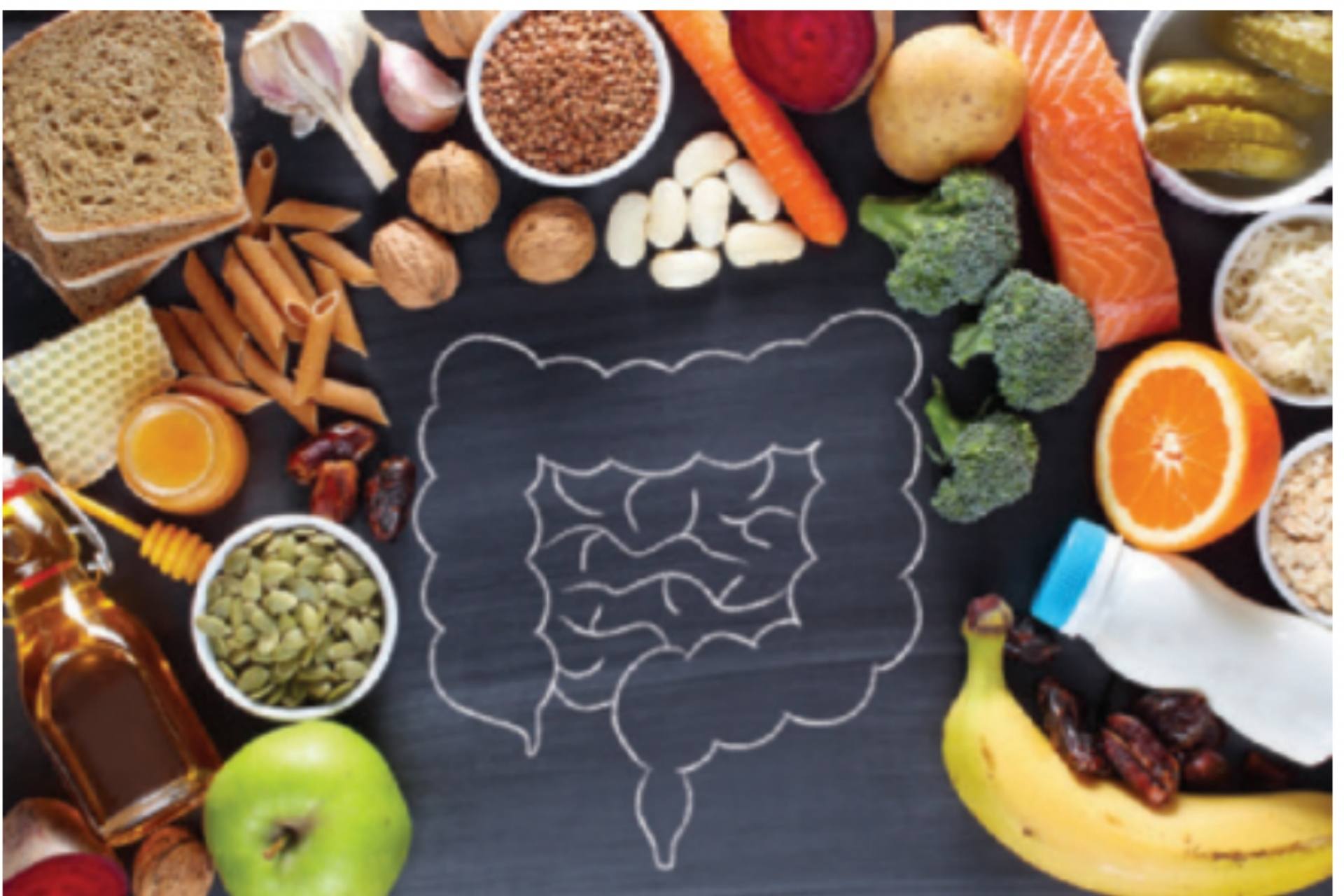Research has recently clued us in to the importance of maintaining a healthy gut microbiome, the complex system of microbes found in your intestines. Studies show that gut diversity lowers with age and that those who are relatively lean and healthy over 65 tend to have more microbes in their guts than their less healthy counterparts. Learning more about the gut microbiome and addressing microbial diversity can set the stage for healthy aging in ways researchers are just now beginning to understand. “Most of us who grew up in the last 50-plus years have had massive amounts of antibiotics, so we have properly wiped out a lot of our gut diversity,” says Dr. Meghan Bennett, a naturopathic doctor at Amber Wellness clinic in Portland. “We now know how important these ‘good gut bugs’ are. That’s your defense against unwanted or dysbiotic bacteria.” An unbalanced gut can, of course, lead to a variety of unpleasant gastrointestinal symptoms. However, left unchecked, it may also cause be at the root at often seemingly-unrelated health conditions. A large portion of our immune response occurs in our gut. Chronically catching colds, for example, may be indicative of an imbalance, but many of us may not always connect the dots.
“The way that we build our immune memory is through that gut-flora interaction,” says Dr. Bennett. “Good, normal flora should crowd out space for pathogenic bugs.” Ongoing dysregulation can also lead to chronic inflammation within the gas-to-intestinal tract. In turn, this can result in even more severe illnesses, such as cancer. To stave off this kind of imbalance, Dr. Bennett advises people to take a good long look at what she calls their digestive `terrain.’ She addresses some of the basics by discussing appetite, diet, bowel movements, and any other symptoms a patient may be experiencing that are relevant, such as heartburn or nausea. “For example, if you take an antacid for 3o years, you can struggle to absorb iron, B12, and other good things,” says Dr. Bennett. “So while the antacid may relieve your symptoms, what’s really going on in your ‘terrain’?” There are options for addressing many of these questions. A panel may reveal if there is a nutritional deficiency, while a stool test can assess the gut flora landscape. For example, testing might reveal a low number of ‘healthy bugs’ and a higher presence of dysbiotic bugs. While treatments are available to improve that balance, such as probiotics and antimicrobials, Dr. Bennett is clear that the best way to maintain a healthy gut is through a well-rounded diet that avoids preservatives and packaged foods. “What I see most commonly is low B12, iron, zinc, or vitamin D,” says Dr. Bennett. “Let’s look at why you are not absorbing that from your food. Are you eating the healthy foods that have that?”
Many physicians do not receive much nutrition education in their training, and there is still a lot to be learned about the importance of the gut in overall health. Dr. Bennett worries that because of this, sometimes patients are not receiving the help they need. “There are always things we can do, it’s not a one-size-fits-all,” says Dr. Bennett, “So if you’re not getting anywhere with the providers you are working with, keep advocating for yourself, keep digging.”
Written by Lee Ann Moyer
Originally published in The Oregonian.



